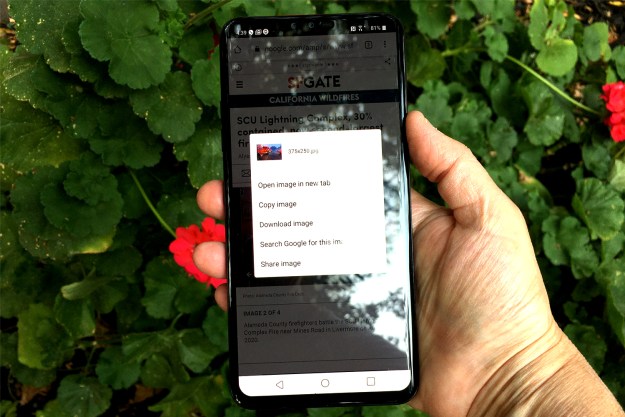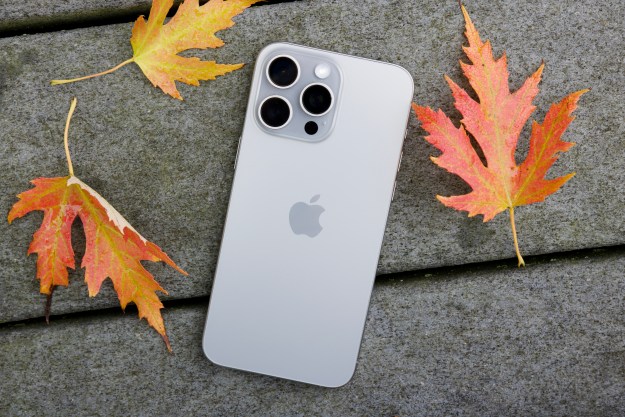
Two cases in the Supreme Court may determine whether the police can search your phone without a warrant. The cases, which will go before the high court on Tuesday, may determine privacy issues about police searches of data stored on cell phones, an issue that has yet to come before the justices.
“The case provides the Court with a chance to expound on the scope of searches incident to arrests, an exception to the general Fourth Amendment rule that searches require a warrant or the presence of probable cause. The Court has been divided in the past over the permissible scope of searches incident to arrests. The case also provides the Justices with the chance to wrestle with technology issues; although no longer new technology, the Justices have not faced legal questions about the nature of data stored on cell phones,” the court said in a blog post.
The two cases in question are Riley vs. California, which resulted in an attempted murder conviction, and United States vs. Wurie, a drug conviction that was thrown out by an appeals court in 2007.
Riley vs. California
In Riley vs. California, David Leon Riley was convicted to 15 years in prison for attempted murder, shooting at an occupied vehicle, and assault with a semiautomatic weapon. An appeals court in the state later upheld his conviction.
He was first arrested in 2009 for driving a car with expired registration. During the arrest, police seized weapons linked to a gang-related incident and Riley’s Samsung smartphone. The court in California ruled that the warrantless search of his phone was legal because it was “immediately associated” with him. The judge added that the phone evidence would have been questionable had it been found later. The device contained photos that linked him to a gang. Phone records also placed Riley at a location near the shooting when it happened.
United States vs. Wurie
The other case, United States vs Wurie, had a different result. Brima Wurie was arrested in 2007 on suspicion of dealing crack cocaine. During the arrest, police confiscated Wurie’s two flip phones. The contents of the phone led police to a South Boston home that contained marijuana, crack cocaine, a gun, and ammunition. The court rejected a motion to suppress evidence that resulted from the search and Wurie was convicted to spend nearly 22 years in prison.
Later an appeals court, on a vote of two to one, overturned the verdict, ruling that the police should not have performed a warrantless search. The court said that such a seizure can only be legal if there was a need to protect the safety of the officers and the evidence itself. The panel also questioned why the police went directly to searching the phone. The court said that the police could have protected the data on the phone from tampering by creating a mirror version of its contents.
Is it right or wrong?
The biggest concern when it comes to warrantless searches is how easy it is to delete and alter phone data. Also, with smartphones becoming complex enough that they are basically mobile computers, there is a lot of data at stake, such as emails, phone numbers, photographs, and online purchases, which can be crucial for solving crimes. The cases will determine where a person’s rights to digital privacy ends and law enforcement’s perusing starts.
Editors' Recommendations
- Why you should buy the iPhone 15 Pro instead of the iPhone 15 Pro Max
- How to use iMessage on an Android phone or tablet
- Why you should buy the iPhone 15 Pro Max instead of the iPhone 15 Pro
- How to use Circle to Search on your Android phone
- 10 reasons you should buy an iPhone in 2024


